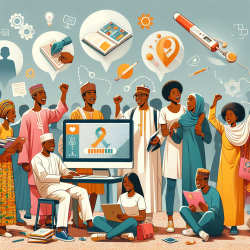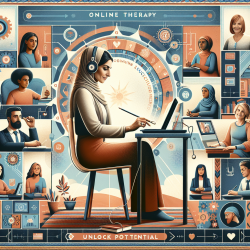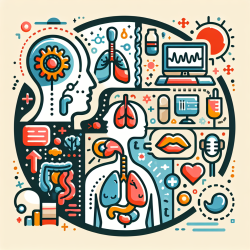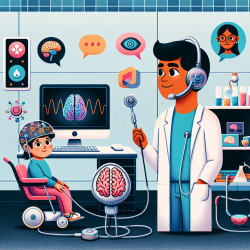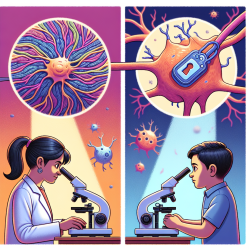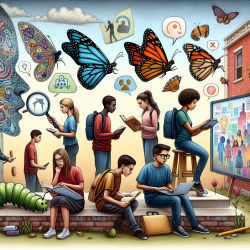The world is rapidly evolving, and with it comes the need for innovative solutions to address complex challenges. One such challenge is engaging youth in meaningful ways to co-create solutions that affect their lives. A recent study titled "A Designathon to Co-Create Community-Driven HIV Self-Testing Services for Nigerian Youth" provides valuable insights into how participatory events can empower young people to drive change. This approach can be applied beyond health interventions and into educational settings, offering educators a blueprint for fostering innovation among students.
The Power of Participatory Events
A designathon is a focused event where participants collaborate intensively over a short period to develop solutions to specific problems. In Nigeria, this method was used to engage youth in creating strategies for HIV self-testing (HIVST). The event highlighted the importance of involving young people in designing interventions that directly impact them. By doing so, we not only tap into their creativity but also build their capacity as co-creators of solutions.
This participatory approach aligns with the principles of inclusive education, where students are not just passive recipients of knowledge but active contributors to their learning environment. For educators, organizing similar events can foster a sense of ownership and responsibility among students, encouraging them to think critically and creatively about issues they care about.
Lessons Learned from the Nigerian Designathon
- Youth Engagement: The designathon successfully engaged 42 young Nigerians aged 14-24. This engagement was crucial in developing feasible and impactful HIVST strategies. Educators can replicate this by involving students in problem-solving activities related to their curriculum or community issues.
- Diverse Perspectives: Participants brought diverse backgrounds and experiences, contributing to innovative proposals. Encouraging diversity within student groups can lead to richer discussions and more comprehensive solutions.
- Structured Feedback: The designathon provided structured feedback and mentorship, which enhanced the quality of proposals. Educators should consider integrating mentorship programs where students receive guidance from experienced professionals.
Implementing Designathons in Educational Settings
The concept of a designathon can be adapted for educational purposes. Here’s how educators can implement this approach:
- Select a Relevant Theme: Choose a theme or problem that resonates with students' interests or community needs.
- Create Diverse Teams: Encourage students from different backgrounds and disciplines to work together, fostering collaboration and diverse perspectives.
- Provide Resources: Equip teams with the necessary resources and information to explore the problem thoroughly.
- Mentorship and Feedback: Pair teams with mentors who can provide guidance and constructive feedback throughout the process.
- Culminate with Presentations: Organize a presentation day where teams pitch their solutions to a panel of judges or peers.
The Impact on Students
The benefits of such participatory events extend beyond immediate learning outcomes. Students develop critical thinking skills, learn to work collaboratively, and gain confidence in their ability to contribute meaningfully to society. Moreover, these experiences prepare them for future roles as innovators and leaders in their communities.
A Call to Action
The success of the Nigerian designathon demonstrates the potential of youth-led initiatives in driving change. As educators, we have the opportunity to harness this potential by creating environments where students are encouraged to innovate and solve real-world problems. By implementing designathons or similar participatory events, we can empower our students to become active agents of change.
If you are interested in exploring this further or wish to implement similar strategies within your educational setting, I encourage you to read the original research paper: A designathon to co-create community-driven HIV self-testing services for Nigerian youth: findings from a participatory event.
